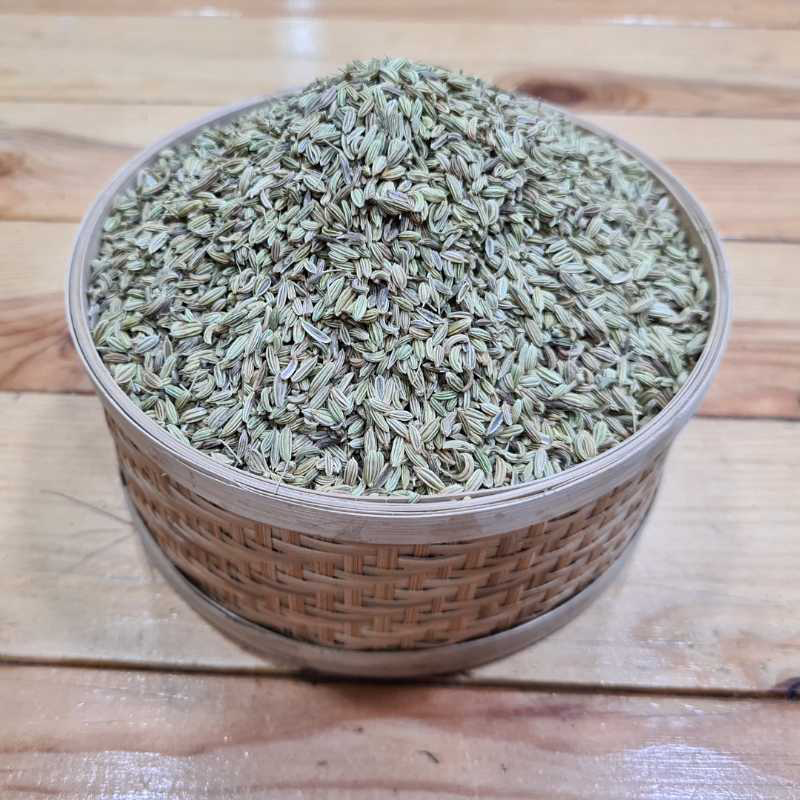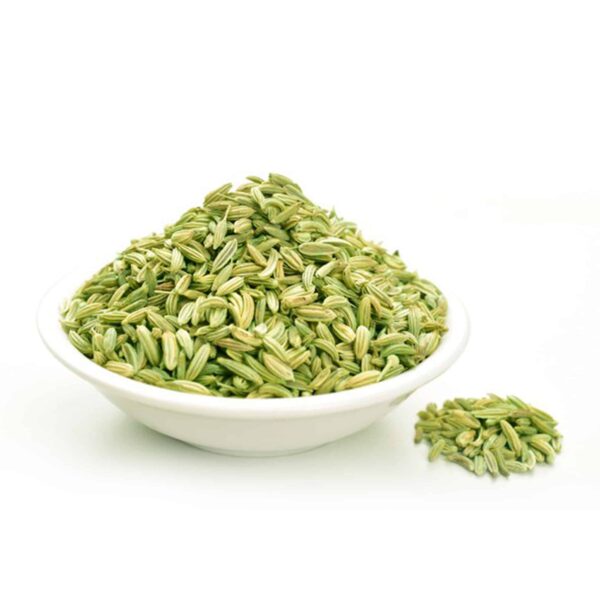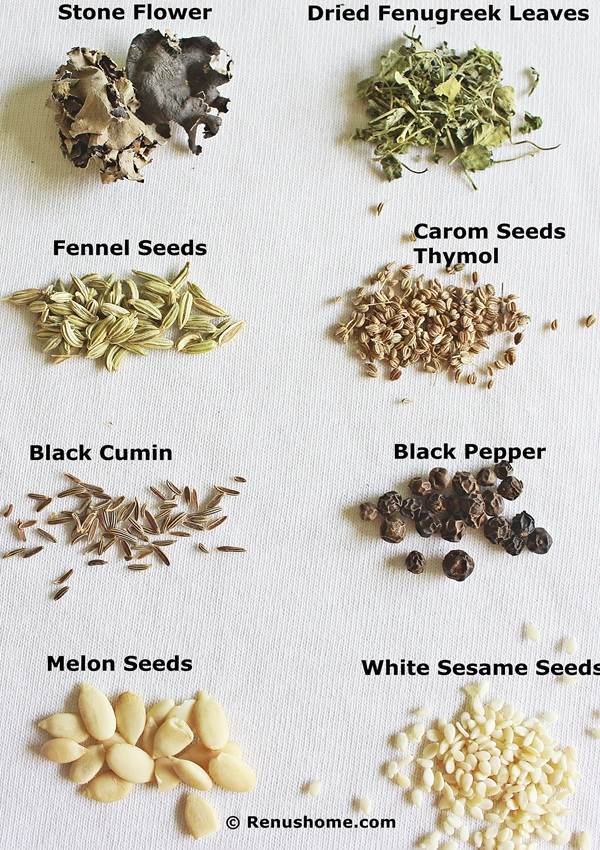What Is Sombu In English? The Spice Guide You Need!
Have you ever wondered about the secret language of spices, the aromatic whispers that transform a simple dish into an unforgettable culinary experience? The answer lies in understanding the diverse names and uses of these culinary treasures across different cultures and languages. This article delves into the multifaceted world of one such spice, exploring its identity and significance in various Indian languages and beyond.
At the heart of this exploration is the question: What is "\u0b9a\u0bcb\u0bae\u0bcd\u0baa\u0bc1" meaning in English? The answer, as many seasoned cooks and spice enthusiasts know, is fennel. But the story doesn't end there. Fennel, known as "\u0b9a\u0bcb\u0bae\u0bcd\u0baa\u0bc1" in Tamil, is more than just a spice; it's a culinary chameleon, adapting its flavor and form to suit a myriad of dishes and traditions. From its use in traditional medicine to its role in flavoring complex spice blends, fennel, or \u0b9a\u0bcb\u0bae\u0bcd\u0baa\u0bc1, holds a significant place in the culinary landscape of India and beyond.
Fennel's journey through various Indian languages reveals its widespread appreciation. In Hindi, it's known as "saunf," while in Malayalam, it answers to "perum jeerakam." Telugu speakers call it "somph," and in Kannada, its "sompu." Each name carries a history, a connection to the local cuisine and culture where it thrives. These variations reflect not only linguistic diversity but also the nuanced ways in which fennel is used and valued in different regions.
- Eromes Araujo Camilla Photos Videos You Need To See
- Martin Kretz Date Of Birth Divorce Rumors The Truth
| Attribute | Information |
|---|---|
| Name in Tamil | \u0b9a\u0bcb\u0bae\u0bcd\u0baa\u0bc1 (Sombu) |
| English Name | Fennel Seeds |
| Botanical Name | Foeniculum vulgare |
| Hindi Name | Saunf |
| Malayalam Name | Perum Jeerakam |
| Telugu Name | Somph |
| Kannada Name | Sompu |
| Gujarati Name | Variari |
| Bengali Name | Mouri |
| Family | Apiaceae (Carrot family) |
| Plant Type | Hardy, perennial herb |
| Origin | Mediterranean region |
| Common Uses | Culinary spice, traditional medicine, flavoring agent |
| Health Benefits | Aids digestion, promotes weight loss, improves breath, and possesses antioxidant properties. |
| Reference | WebMD - Health Benefits of Fennel |
The importance of fennel extends beyond its culinary applications. In many Indian households, it's a staple remedy for digestive issues. A simple fennel tea, brewed with the seeds, is often the first line of defense against flatulence and bloating. This traditional use highlights the deep-rooted belief in the healing properties of spices, a practice that has been passed down through generations.
The confusion between similar spices, such as aniseed and caraway, further underscores the need for clarity in spice nomenclature. While these spices share certain aromatic qualities, they possess distinct flavor profiles and uses. Fennel, with its characteristic licorice-like flavor, stands apart from the more pungent and earthy notes of caraway or aniseed. Understanding these differences is crucial for achieving the desired flavor balance in any dish.
Fennel (Foeniculum vulgare) itself is a fascinating plant. As a hardy, perennial herb, it graces gardens with its feathery leaves and vibrant yellow flowers. Originating from the shores of the Mediterranean, it has naturalized in various parts of the world, thriving especially in dry soils near the sea coast and riverbanks. This adaptability speaks to its resilience and widespread appeal.
The journey to compile information on Indian spices and their translations into various languages is often a challenging one. The sheer diversity of regional dialects and culinary traditions can make it difficult to pinpoint the exact equivalent of a spice name in each language. However, the effort is well worth it, as it opens up a world of culinary possibilities and fosters a deeper appreciation for the rich tapestry of Indian cuisine.
For those who enjoy cooking, having a reliable guide to spice names in different languages can be invaluable. It allows you to explore recipes from different regions with confidence, knowing that you are using the correct ingredients. Whether you're trying to recreate a classic Tamil kolambu or experimenting with a new Gujarati curry, understanding the language of spices is essential for success.
The anecdote about using "pasialai keerai kolambu" with ingredients like "inji," "sombu," "poondu," "siru vengayam," "kothamalli thalai," and "karuveppilai" to resolve a health issue in just one day is a testament to the power of traditional remedies. While scientific evidence may be lacking in some cases, the lived experiences of individuals who have benefited from these remedies cannot be dismissed. The combination of specific herbs and spices, carefully chosen for their therapeutic properties, can indeed have a profound impact on well-being.
The mention of "perunjeeragam health benefits in Tamil" or "perunjeeragam uses in Tamil" further emphasizes the importance of understanding spices within their cultural context. In Tamil Nadu, fennel is not just a culinary ingredient; it's also a medicinal herb, revered for its ability to aid digestion, reduce inflammation, and promote overall health. The terms "perunjeeragam payangal," "perunjeeragam nanmaigal," and "perunjeeragam maruthuvam palangal" all speak to the multifaceted benefits of this humble spice.
The concept of "sombu nanmaigal" or "sombu maruthuva gunangal" encapsulates the essence of traditional Tamil medicine, where spices are seen as potent healers. Fennel, with its array of beneficial compounds, is a prime example of this philosophy. Its ability to soothe the digestive system, alleviate bloating, and freshen breath makes it a valuable addition to any home remedy kit.
The comparison of fennel with other names like "saunf" in Hindi and "somph" in Telugu reinforces the idea that spices have multiple identities, depending on the region and language. This linguistic diversity adds to the richness and complexity of Indian cuisine, making it a fascinating subject for culinary exploration.
The use of fennel seeds as a remedy for flatulence is a well-established practice in many cultures. The seeds contain compounds that help to relax the digestive tract, reduce gas production, and promote healthy bowel movements. A simple cup of fennel tea can often provide quick relief from bloating and discomfort.
The claim that fennel seeds can aid in weight loss is supported by some scientific evidence. Fennel seeds are known to be rich in fiber, which can help to promote satiety and reduce overall calorie intake. They also possess diuretic properties, which can help to eliminate excess water weight. While fennel seeds are not a magic bullet for weight loss, they can be a valuable addition to a healthy diet and exercise plan.
The invitation to "discover the surprising health benefits of fennel seeds (sombu)" is an enticing one. From aiding digestion to promoting weight loss and improving overall health, fennel seeds offer a wide range of potential benefits. By incorporating them into your diet, you can take advantage of their therapeutic properties and enhance your well-being.
The mention of "English english transliteration tamil transliteration" highlights the importance of accurate translation when dealing with spices. Misunderstandings can lead to culinary mishaps, so it's essential to use reliable sources and double-check your translations.
The suggestion to "find the names of spices in English and various Indian languages, including sombu (badishep) in Tamil and Konkani" is a helpful one for anyone interested in exploring Indian cuisine. Having a comprehensive glossary of spice names can make it much easier to navigate recipes and understand the nuances of different regional dishes.
Learning how to store, use, and make spice blends is a valuable skill for any home cook. Proper storage can help to preserve the flavor and aroma of your spices, while understanding how to blend them can allow you to create unique and flavorful dishes. Experimenting with different spice combinations is a great way to expand your culinary horizons.
The "glossary of spices, herbs, and misc." is a valuable resource for anyone interested in learning more about the world of spices. These guides typically provide information on the origin, flavor profile, and uses of various spices, as well as their names in different languages.
The format of listing names in "English, Hindi, Gujarati, Marathi, Tamil, Telugu, and Malayalam" is a common and effective way to present spice information. This allows readers to easily compare the names of spices in different languages and gain a better understanding of their cultural significance.
The statement that "Sombu in English are known as fennel seeds in many parts of the world" provides a clear and concise definition of the term. This is helpful for those who are unfamiliar with the Tamil name for fennel.
The observation that "it is fairly common to come across different names for the seed, as the sombu is widely popular in many Indian households for a variety of reasons" underscores the cultural significance of fennel in India. Its versatility and health benefits have made it a staple ingredient in many homes.
The fact that "people also have come up with hundreds of recipes that include sombu as a side ingredient" is a testament to its culinary adaptability. From savory curries to sweet desserts, fennel can be used in a wide range of dishes.
The suggestion to "learn the names of common Indian spices in English, Tamil, and Hindi, such as sombu (aniseed/fennel), saunf (black cumin seeds), shahjeera (carom seeds) and more" is a great starting point for anyone interested in exploring Indian cuisine. By learning the names of these essential spices, you can begin to understand the building blocks of Indian flavor.
The recommendation to "see pictures and recipes of spice powders and blends used in Indian cuisine" is a valuable one for visual learners. Seeing how spices are used in different dishes can help you to better understand their flavor profiles and how they can be combined to create complex and delicious flavors.
The assertion that "Sombu is the Kannada name for fenugreek seeds" is incorrect. Sombu is the Tamil name for fennel seeds. Fenugreek seeds are known as "methi" in Hindi and "menthya" in Kannada. This highlights the importance of verifying information from multiple sources to ensure accuracy.
The invitation to "find out the English, Hindi, Tamil, and Telugu names of sombu and other Indian spices with pictures and descriptions" is a helpful one for those who are interested in learning more about Indian cuisine. Visual aids can be particularly helpful for identifying different spices.
The suggestion to "learn about fennel seeds, also known as sombu in Tamil, saunf in Hindi and other languages, and how they can improve your digestion, breath, skin and more" is an enticing one for those who are interested in natural remedies. Fennel seeds have been used for centuries to treat a variety of ailments, and modern research is beginning to confirm some of their traditional uses.
The recommendation to "find out how to make fennel tea, mouth freshener and other remedies with fennel seeds" is a practical one for those who want to incorporate fennel into their daily routine. These simple recipes can be a great way to take advantage of the health benefits of fennel seeds.
The claim that "Sombu is the English name of fennel seeds" is inaccurate. Sombu is the Tamil name for fennel seeds. This further emphasizes the importance of verifying information before sharing it.
The suggestion to "learn the Hindi, Telugu, Malayalam, Kannada, Marathi and other names of sombu, and its health benefits and uses" is a comprehensive one for those who want to gain a deeper understanding of this versatile spice. By learning about its different names and uses, you can appreciate its cultural significance and culinary versatility.
In conclusion, while the initial query focused on the English translation of "\u0b9a\u0bcb\u0bae\u0bcd\u0baa\u0bc1," the exploration has revealed a wealth of information about fennel seeds, their cultural significance, culinary uses, and potential health benefits. From its various names in different Indian languages to its role in traditional medicine and modern cuisine, fennel, or \u0b9a\u0bcb\u0bae\u0bcd\u0baa\u0bc1, is a spice that deserves a place of honor in every kitchen.
Article Recommendations
- Delores Nowzaradan What You Need To Know 2024 Update
- Search Tips No Results Check Your Query Spelling



Detail Author:
- Name : Ms. Yessenia Wilkinson
- Username : eli.thompson
- Email : lowell.abshire@satterfield.com
- Birthdate : 1970-05-20
- Address : 93100 Ruby Plains New Lurlineport, NE 21800
- Phone : (970) 819-4470
- Company : McClure Inc
- Job : Substation Maintenance
- Bio : Molestiae non quasi nihil quo ut. Dolor sed nihil officiis et. Ad non culpa ea necessitatibus. Corrupti eius hic rerum aut est maiores illo.
Socials
linkedin:
- url : https://linkedin.com/in/cyrilhickle
- username : cyrilhickle
- bio : Sed cupiditate deleniti eius earum.
- followers : 4050
- following : 2897
facebook:
- url : https://facebook.com/cyrilhickle
- username : cyrilhickle
- bio : Voluptatem dolor dolorum dolores est consequatur iure.
- followers : 5252
- following : 2364